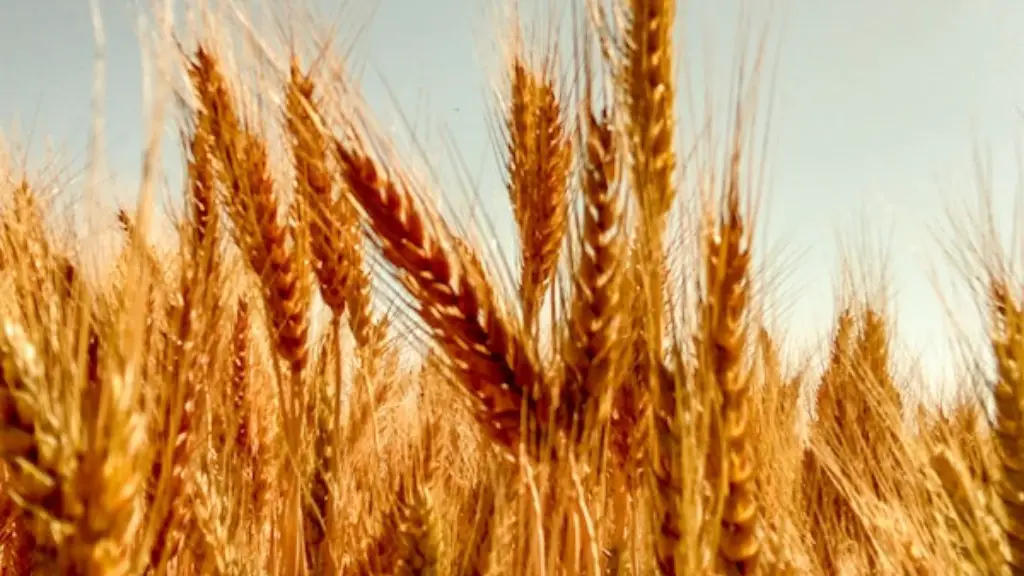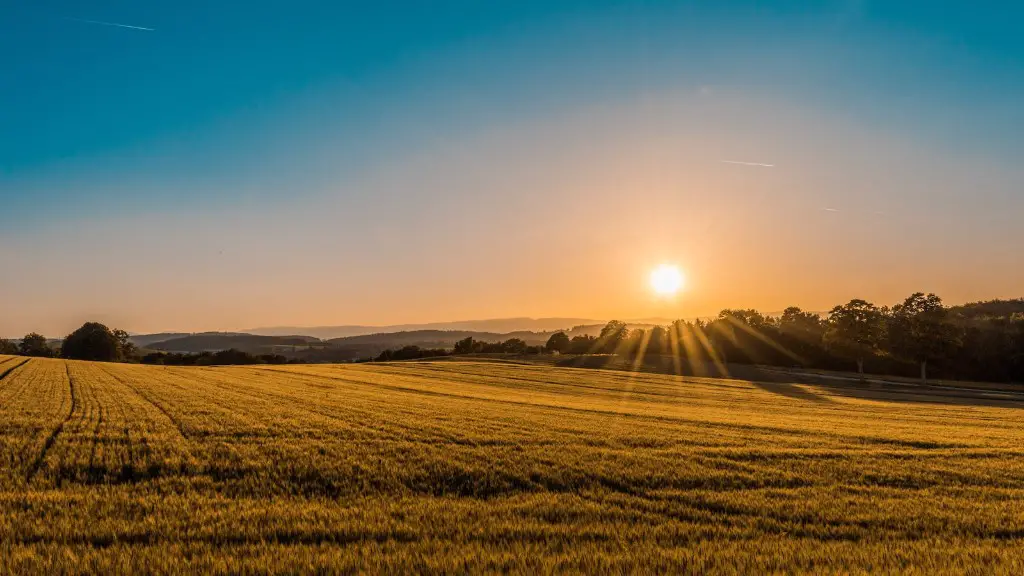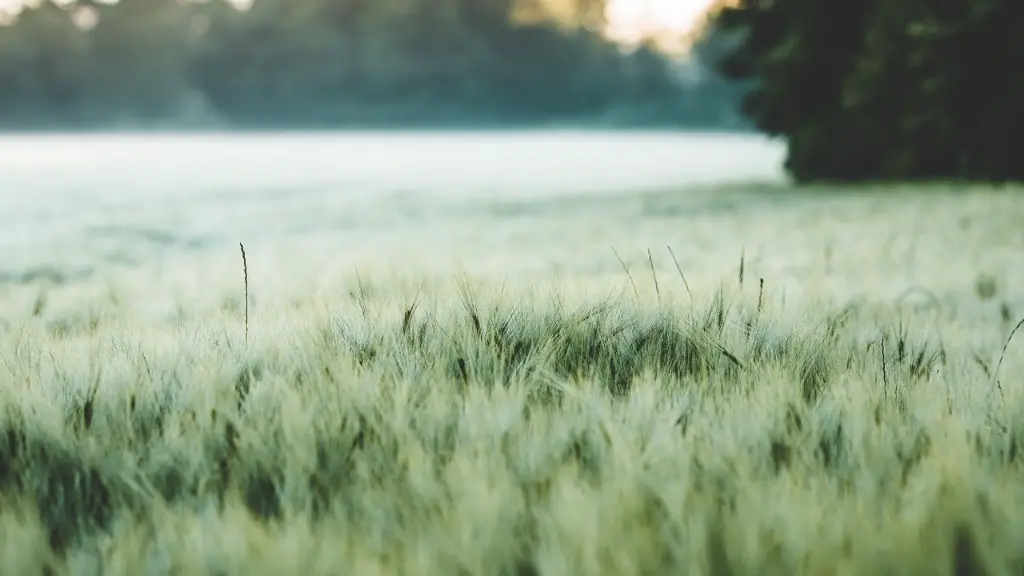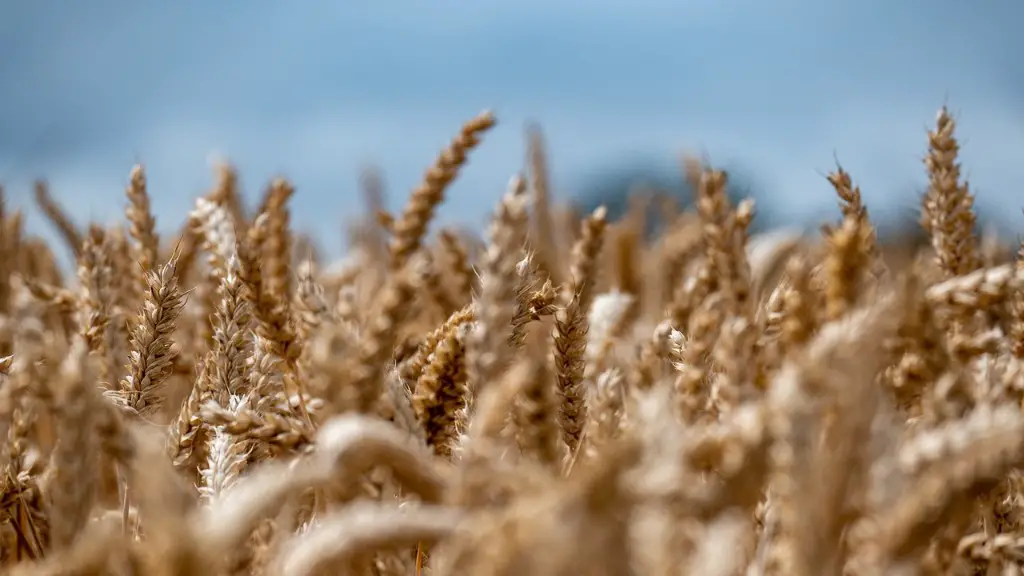Pesticides play an important role in agriculture by protecting crops from pests and diseases. Without pesticides, crops would be significantly more vulnerable to damage, which would ultimately lead to lower yields and higher prices for food.
Pesticides are used in agriculture to protect crops from pests and diseases. They can also be used to control weeds.
What is the use of agricultural pesticides?
Pesticides are used to kill pests and control weeds using chemical ingredients; hence, they can also be toxic to other organisms, including birds, fish, beneficial insects, and non-target plants, as well as air, water, soil, and crops. Pesticides can contaminate the environment and cause health problems in people and animals. You can minimize the risks posed by pesticides by using them only when necessary, following the directions on the label, and using the least toxic products available.
Chlorpyrifos is an insecticide that belongs to a class of pesticides known as organophosphates. It works by inhibiting the enzyme acetylcholinesterase, which is essential for the proper functioning of the nervous system. Exposure to chlorpyrifos can cause a variety of health effects, including nausea, vomiting, diarrhea, headaches, dizziness, confusion, blurred vision, muscle twitching, and seizures. In high enough doses, it can be fatal.
Despite its well-documented risks, chlorpyrifos is still in use today. In 2015, the U.S. Environmental Protection Agency (EPA) proposed to ban its use on food crops, but the proposal was ultimately rejected by the Trump administration.
If you eat fruits and vegetables, there’s a good chance you’ve been exposed to chlorpyrifos. The pesticide has been detected in a variety of food items, including apples, oranges, strawberries, grapes, lettuce, and spinach (Figure 2).
While the EPA has set limits on the amount of chlorpyrifos that can be present in food, these limits are not always respected. In 2016, for instance, the U.S. Food and Drug Administration
What is agricultural pesticides
There are a variety of agricultural pesticides that are available to farmers in order to prevent the harmful effects of pests on crops. These pesticides can be classified into two main categories: inorganic and organic. Inorganic pesticides are typically made from synthetic materials and are more effective at killing pests than organic pesticides. However, they can also be more harmful to the environment. Organic pesticides, on the other hand, are made from natural materials and are less harmful to the environment. However, they are not as effective at killing pests as inorganic pesticides.
Pesticides are an important tool for farmers to produce safe, healthy food. Without pesticides, farmers would lose a significant portion of their food crops, which leads to food waste and rising costs at the grocery store. Pesticides help farmers to protect their crops from pests and diseases, and to produce a higher yield. Pesticides are also important for food safety, as they help to prevent the spread of foodborne illnesses.
What are three benefits of using pesticides?
Organic farmers use pesticides to battle pests just like conventional farmers. However, organic farmers have to be more careful with the types and amounts of pesticides they use. This is because organic farmers are not allowed to use synthetic pesticides. Synthetic pesticides are more harmful to the environment and can linger in the soil for years. Organic farmers have to use natural pesticides, which are not as effective as synthetic pesticides. This means that organic farmers have to be more diligent in their pest management practices.
Pesticides are chemicals that are used to kill insects, fungi, or other organisms that are considered to be pests. Some pesticides come in spray cans and crop dusters, while others are found in household cleaners, hand soaps, and swimming pools. Insecticides are generally the most acutely (immediately) toxic pesticides, as they are designed to attack an insect’s brain and nervous system. This can mean that they have neurotoxic effects in humans as well.
What crop uses the most pesticides?
The study found that more than 90 percent of samples of strawberries, apples, cherries, spinach, nectarines and grapes tested positive for residues of two or more pesticides. Kale, collard and mustard greens, as well as hot peppers and bell peppers, had the most pesticides detected, 103 and 101 pesticides in total, respectively.
Pesticides are designed to kill or harm living things. But because they are designed to do this, they can also pose a risk to human health. The chemicals in pesticides can bioaccumulate in the body over time. This means that they can build up in your body and cause health problems. Exposure to pesticides has been linked to a range of health problems, from mild skin irritation to birth defects, tumors, genetic changes, blood and nerve disorders, endocrine disruption, coma or death. Pesticide exposure can also cause developmental effects, which means that it can affect the development of a baby in the womb. These effects can include birth defects, learning problems and problems with the child’s nervous system.
What are the three types of pesticides used in farming
Pesticides are substances used to control pests. They include herbicides (to control weeds and other plants), insecticides (to control insects), fungicides (to control fungi or other plant pathogens), nematicides (to control parasitic worms), and rodenticides (to control rodents).
Pesticides are commonly used in agriculture to protect crops from insect pests, weeds and fungal diseases. Farmers may also use pesticides to prevent rats, mice, flies and other insects from contaminating foods during storage. Pesticides can also safeguard human health by preventing food crops from being contaminated by fungi.
What are the types and purposes of pesticides?
Pesticides are a key part of modern day agriculture and are essential for maintaining high crop yields. However, pesticides can also pose a serious risk to human health and the environment if they are not used properly. It is important to read the label carefully and follow all instructions when using any pesticide product.
Pesticides are chemicals used to kill pests. They are found in agriculture to kill pests that damage crops, and in public health to kill vectors of disease, such as mosquitoes. Pesticides come in many different forms, including liquids, powders, and gasses.
What are the benefits and impacts of pesticide use
Pesticides are an important tool in protecting crops from harmful pests, weeds, and diseases. Over the past few decades, the use of pesticides has helped to triple the growth of major crops, making them an essential part of modern agriculture.
Pesticides are typically used in agricultural settings in order to protect crops from pests. These pests may feed on the plants themselves, or they may carry diseases that could infect the crops. By using pesticides, farmers are able to prevent potential losses and increase their chances of market success.
Why are farmers against pesticides?
Pesticides can be very harmful to the environment and to nontarget organisms. They can contaminate soils and water, and cause health problems in humans and animals. Pesticide use should be carefully monitored and regulated to minimize these negative effects.
The pros of genetic engineering in agriculture are that it can help to control harmful pests and diseases, yielding more crops, and decreasing the cost of food. However, there are also some cons to consider. Genetic engineering can negatively impact human health, be harmful to the environment, and pests can build up resistance.
What would happen if we didn’t use pesticides
Without crop protection, fruits and vegetables would be stunted, riddled with injuries and contaminated with microbes, contributing to food waste. Without crop protection, food would also be more expensive as more of it would be lost to pests. Dr. Durham believes that crop protection is essential to ensure a plentiful food supply.
Pesticides are a broad category of products used to kill or control living organisms that are considered pests. There are many advantages to using pesticides, including reducing or eliminating the spread of disease and pests, protecting stored food from infestation, and increasing crop yields. However, there are also several disadvantages to consider, such as the potential for pollution and the long-term effects on soil fertility.
Conclusion
Pesticides help protect crops from insects, diseases, and weeds. By preventing damage from these pests, pesticides allow farmers to produce more food.
Pesticides can be extremely helpful in agriculture by providing protection against pests that can damage crops. They can also help to improve crop yield by killing pests that compete with crops for food and water. In addition, pesticides can help to reduce the spread of diseases by controlling the pests that carry them. However, it is important to use pesticides responsibly and follow all safety instructions to avoid harming people, animals, or the environment.





